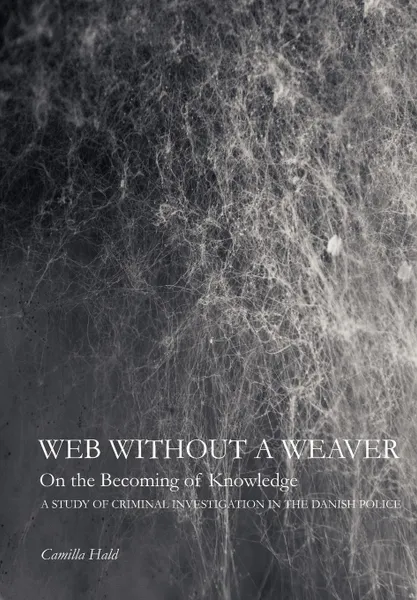Web Without a Weaver- On the Becoming of Knowledge. A Study of Criminal Investigation in the Danish Police 12+
Автор: Camilla Hald
2011
236 страниц
Категория: Литература на иностранных языках
ISBN: 9781612337548
Язык: Английский
📗 The dissertation describes the processes surrounding the production of investigative knowledge within the Danish Police based on in-depth analyses of how investigators seek out, discover, and produce knowledge that can assist in the production of evidence for identification and prosecution.The central question informing the dissertation is the question of how knowledge comes about, and how such processes of knowledge can be studied anthropologically. The dissertation develops a theoretical frame for the study of knowledge, which addresses the becoming of knowledge as the effect of the interaction of heterogeneous 'parts' producing knowledge as a complex 'whole'. This is done by investigating how tacit and embodied forms of knowledge (experience or 'craft knowledge') as well as more abstract forms and 'fields' (e.g., natural, medical or forensic sciences, or legal and technical procedures) contribute to and impact the creation of knowledge of a particular crime.The central point of argumentation of the dissertation is that the becoming of knowledge cannot be ascribed to one 'part'. Knowledge creation must be analysed and theorised as a result of the complex interaction between investigator, environment, objects, technology, theory, procedure, etc. and the 'structures of possibility' individual 'parts' contribute to the workings of the 'whole'. It is this interaction and the space which arises from it that this dis...
Мнения
